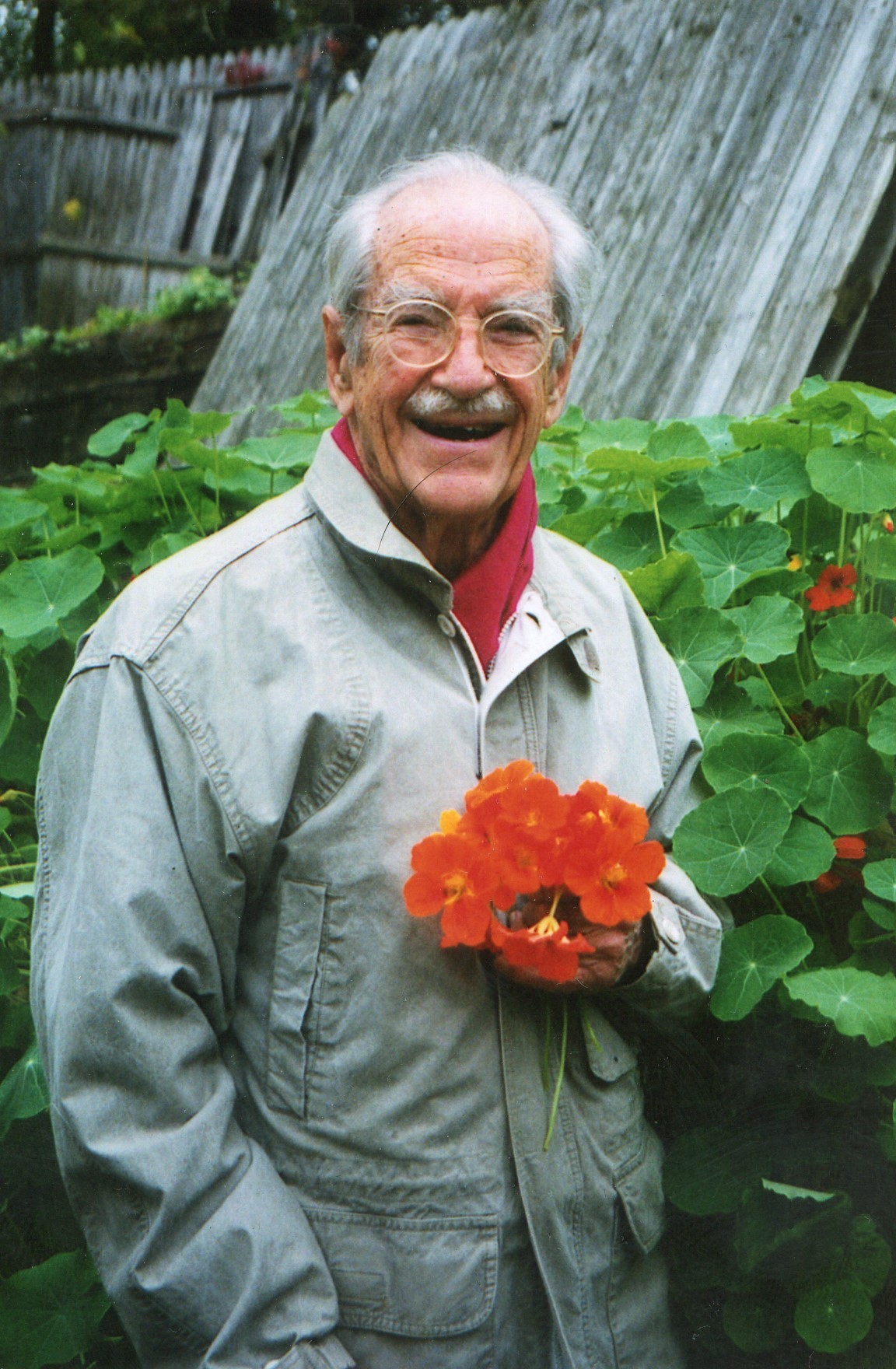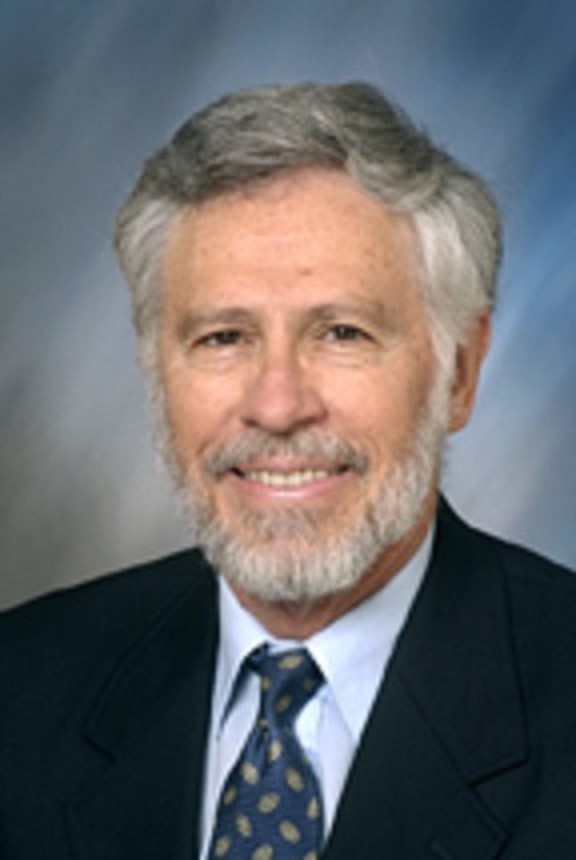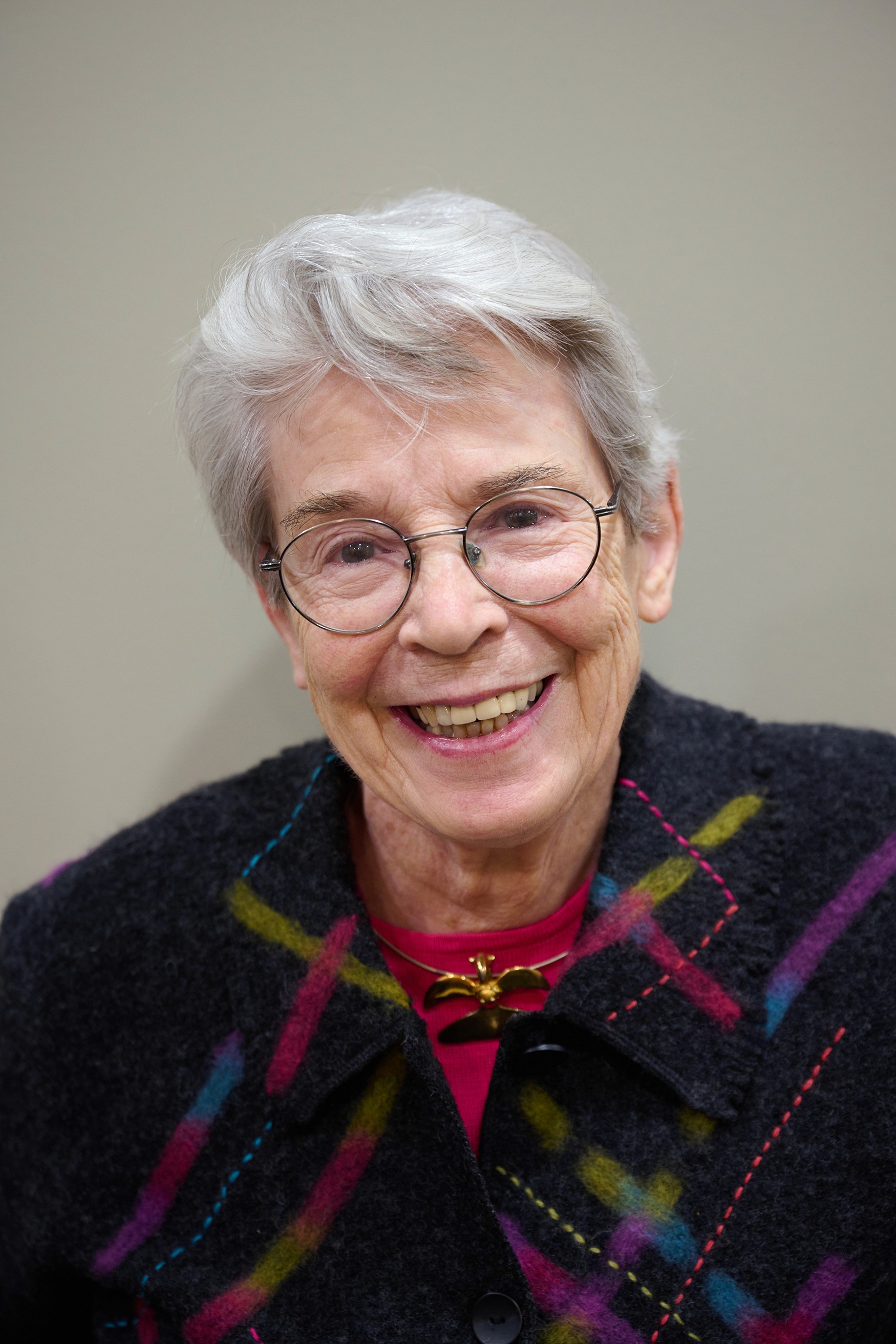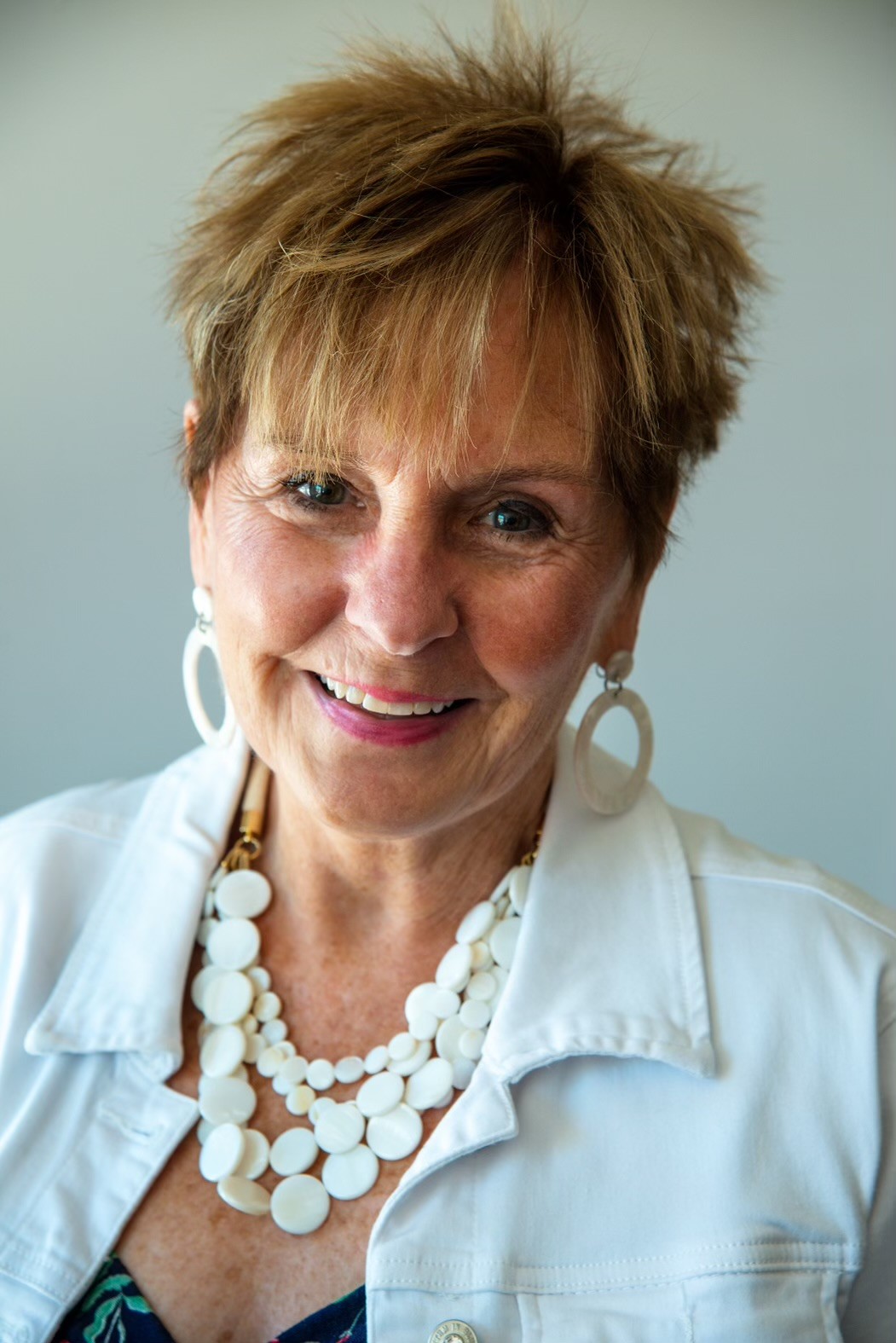
Grady Clay (1916 – March 17, 2013) was an American journalist specializing in landscape architecture and urban planning.
Clay was an honorary member of both the American Institute of Architects (AIA) and the American Society of Landscape Architects (ASLA) and was editor of Landscape Architecture Magazine" from 1960 to 1985.
He also was chairman of the jury that judged the design competition for the United States' Vietnam Veterans Memorial, was the Urban Affairs editor for the Louisville Courier-Journal, and provided a commentary segment, "Crossing the American Grain" which aired locally during National Public Radio's Morning Edition. In 1999, he was awarded the Olmsted Medal by ASLA. Clay also is a former president of the American Planning Association (formerly the American Society of Planning Officials) and was awarded an honorary doctorate by Emory University.

Grady Clay (1916 – March 17, 2013) was an American journalist specializing in landscape architecture and urban planning.
Clay was an honorary member of both the American Institute of Architects (AIA) and the American Society of Landscape Architects (ASLA) and was editor of Landscape Architecture Magazine" from 1960 to 1985.
He also was chairman of the jury that judged the design competition for the United States' Vietnam Veterans Memorial, was the Urban Affairs editor for the Louisville Courier-Journal, and provided a commentary segment, "Crossing the American Grain" which aired locally during National Public Radio's Morning Edition. In 1999, he was awarded the Olmsted Medal by ASLA. Clay also is a former president of the American Planning Association (formerly the American Society of Planning Officials) and was awarded an honorary doctorate by Emory University.

Grady Clay (1916 – March 17, 2013) was an American journalist specializing in landscape architecture and urban planning.
Clay was an honorary member of both the American Institute of Architects (AIA) and the American Society of Landscape Architects (ASLA) and was editor of Landscape Architecture Magazine" from 1960 to 1985.
He also was chairman of the jury that judged the design competition for the United States' Vietnam Veterans Memorial, was the Urban Affairs editor for the Louisville Courier-Journal, and provided a commentary segment, "Crossing the American Grain" which aired locally during National Public Radio's Morning Edition. In 1999, he was awarded the Olmsted Medal by ASLA. Clay also is a former president of the American Planning Association (formerly the American Society of Planning Officials) and was awarded an honorary doctorate by Emory University.

Michael Kennedy (1939 ) was a member of the faculty at the University of Kentucky for almost five decades. His principal expertise lies in the application of computers to interesting problems.
First he taught in the College of Architecture doing research in Computer Applications of Architectural Design (before CAD was invented). Since the early 1970s he has conducted research on "making a computer believe it's a map." He later joined the Department of Geography, working in the fields of Geographic Information Systems (GIS) and the Global Positing System (GPS). He is the author of Introducing Geographic Information Systems with ArcGIS (three editions) and The Global Positioning System and ArcGIS (three editions).
He is also the author of several books on computer programming (Fortran, PL1, Pascal) with Martin Solomon). As part of his university service function he served three years (2001-2004) as one of two faculty members elected to the UK Board of Trustees.

Michael Kennedy (1939 ) was a member of the faculty at the University of Kentucky for almost five decades. His principal expertise lies in the application of computers to interesting problems.
First he taught in the College of Architecture doing research in Computer Applications of Architectural Design (before CAD was invented). Since the early 1970s he has conducted research on "making a computer believe it's a map." He later joined the Department of Geography, working in the fields of Geographic Information Systems (GIS) and the Global Positing System (GPS). He is the author of Introducing Geographic Information Systems with ArcGIS (three editions) and The Global Positioning System and ArcGIS (three editions).
He is also the author of several books on computer programming (Fortran, PL1, Pascal) with Martin Solomon). As part of his university service function he served three years (2001-2004) as one of two faculty members elected to the UK Board of Trustees.

Michael Kennedy (1939 ) was a member of the faculty at the University of Kentucky for almost five decades. His principal expertise lies in the application of computers to interesting problems.
First he taught in the College of Architecture doing research in Computer Applications of Architectural Design (before CAD was invented). Since the early 1970s he has conducted research on "making a computer believe it's a map." He later joined the Department of Geography, working in the fields of Geographic Information Systems (GIS) and the Global Positing System (GPS). He is the author of Introducing Geographic Information Systems with ArcGIS (three editions) and The Global Positioning System and ArcGIS (three editions).
He is also the author of several books on computer programming (Fortran, PL1, Pascal) with Martin Solomon). As part of his university service function he served three years (2001-2004) as one of two faculty members elected to the UK Board of Trustees.

Judith McCandless (1942) is an architect and environmental planner. In Chicago she worked in the planning department of Perkins and Will and taught in the School of Architecture at the University of Illinois, Chicago.
She also did additional graduate work at the University of Chicago in biogeography. After marriage to Grady Clay, she joined him in Louisville, Kentucky, where she concentrated on environmental activities along with managing their personal property near downtown.
This includes two acres and four houses as well as other buildings and gardens. She has served 25 years as a tax counselor for the AARP Foundation’s free service.
Judith is a past-president of the Kentucky Conservation Committee, past board chair of the Kentucky State Nature Preserves Commission, and a co-founder of the Kentucky Natural Lands Trust. KNLT focuses on preserving wildlife corridors in the state, particularly along Pine and Cumberland Mountains and owns or has assisted others in permanently protecting over 60,000 acres since 1995. Judith was with Grady in Washington, D.C. in 1981 when the Vietnam Veterans Memorial competition was taking place.

Judith McCandless (1942) is an architect and environmental planner. In Chicago she worked in the planning department of Perkins and Will and taught in the School of Architecture at the University of Illinois, Chicago.
She also did additional graduate work at the University of Chicago in biogeography. After marriage to Grady Clay, she joined him in Louisville, Kentucky, where she concentrated on environmental activities along with managing their personal property near downtown.
This includes two acres and four houses as well as other buildings and gardens. She has served 25 years as a tax counselor for the AARP Foundation’s free service.
Judith is a past-president of the Kentucky Conservation Committee, past board chair of the Kentucky State Nature Preserves Commission, and a co-founder of the Kentucky Natural Lands Trust. KNLT focuses on preserving wildlife corridors in the state, particularly along Pine and Cumberland Mountains and owns or has assisted others in permanently protecting over 60,000 acres since 1995. Judith was with Grady in Washington, D.C. in 1981 when the Vietnam Veterans Memorial competition was taking place.

Judith McCandless (1942) is an architect and environmental planner. In Chicago she worked in the planning department of Perkins and Will and taught in the School of Architecture at the University of Illinois, Chicago.
She also did additional graduate work at the University of Chicago in biogeography. After marriage to Grady Clay, she joined him in Louisville, Kentucky, where she concentrated on environmental activities along with managing their personal property near downtown.
This includes two acres and four houses as well as other buildings and gardens. She has served 25 years as a tax counselor for the AARP Foundation’s free service.
Judith is a past-president of the Kentucky Conservation Committee, past board chair of the Kentucky State Nature Preserves Commission, and a co-founder of the Kentucky Natural Lands Trust. KNLT focuses on preserving wildlife corridors in the state, particularly along Pine and Cumberland Mountains and owns or has assisted others in permanently protecting over 60,000 acres since 1995. Judith was with Grady in Washington, D.C. in 1981 when the Vietnam Veterans Memorial competition was taking place.

Jerri Weitzel (1951) dedicated nearly four decades to teaching in a small Kentucky town from 1975 to 2013, primarily focusing on Language Arts for fourth graders.
She earned both her Bachelor’s and Master’s degrees in Special Education from the University of Kentucky and enhanced her teaching abilities by participating in The Reading Project at Kentucky State University and The Bluegrass Writing Project in Lexington. Ms. Weitzel was committed to engaging her students – providing them with stimulating, hands-on learning experiences to help them master the curriculum. She created an intergenerational project that paired her students with elderly community members to gather oral histories. The National Council on Aging invited her to present the project at a national meeting.
Ms. Weitzel was a strong advocate for cross-cultural experiences, believing they greatly enriched her students’ education. Mid-career, she embarked on a cultural exchange program in Japan, which inspired a lesson unit that introduced her students to the rich culture she had come to admire. Her involvement in leadership roles at both the local and state levels allowed her to facilitate professional development workshops for fellow educators. She believed that the foundation of her teaching lay in the personal connections she formed with her students, often drawing out their best efforts through one-on-one interactions. The inspiration for this book originated from a question posed by a fourth-grade student about the significance of memorials.

Jerri Weitzel (1951) dedicated nearly four decades to teaching in a small Kentucky town from 1975 to 2013, primarily focusing on Language Arts for fourth graders.
She earned both her Bachelor’s and Master’s degrees in Special Education from the University of Kentucky and enhanced her teaching abilities by participating in The Reading Project at Kentucky State University and The Bluegrass Writing Project in Lexington. Ms. Weitzel was committed to engaging her students – providing them with stimulating, hands-on learning experiences to help them master the curriculum. She created an intergenerational project that paired her students with elderly community members to gather oral histories. The National Council on Aging invited her to present the project at a national meeting.
Ms. Weitzel was a strong advocate for cross-cultural experiences, believing they greatly enriched her students’ education. Mid-career, she embarked on a cultural exchange program in Japan, which inspired a lesson unit that introduced her students to the rich culture she had come to admire. Her involvement in leadership roles at both the local and state levels allowed her to facilitate professional development workshops for fellow educators. She believed that the foundation of her teaching lay in the personal connections she formed with her students, often drawing out their best efforts through one-on-one interactions. The inspiration for this book originated from a question posed by a fourth-grade student about the significance of memorials.

Jerri Weitzel (1951) dedicated nearly four decades to teaching in a small Kentucky town from 1975 to 2013, primarily focusing on Language Arts for fourth graders.
She earned both her Bachelor’s and Master’s degrees in Special Education from the University of Kentucky and enhanced her teaching abilities by participating in The Reading Project at Kentucky State University and The Bluegrass Writing Project in Lexington. Ms. Weitzel was committed to engaging her students – providing them with stimulating, hands-on learning experiences to help them master the curriculum. She created an intergenerational project that paired her students with elderly community members to gather oral histories. The National Council on Aging invited her to present the project at a national meeting.
Ms. Weitzel was a strong advocate for cross-cultural experiences, believing they greatly enriched her students’ education. Mid-career, she embarked on a cultural exchange program in Japan, which inspired a lesson unit that introduced her students to the rich culture she had come to admire. Her involvement in leadership roles at both the local and state levels allowed her to facilitate professional development workshops for fellow educators. She believed that the foundation of her teaching lay in the personal connections she formed with her students, often drawing out their best efforts through one-on-one interactions. The inspiration for this book originated from a question posed by a fourth-grade student about the significance of memorials.